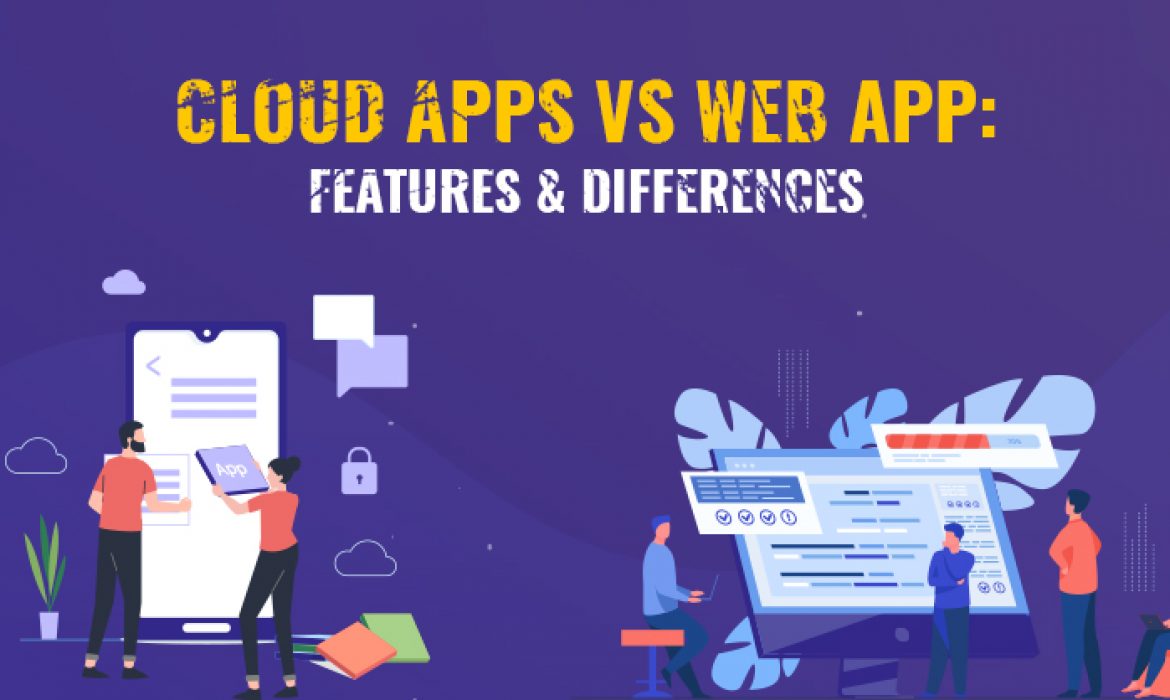Cloud Apps vs Web App: Features & Differences
Web Application
Web application, as the name suggests are the apps that are designed to be used in a web browser. They are the combination of a server-side (PHP and ASP) script and a client-side. Besides, when it comes to how web-based applications work, browsers rely on the web server components.
Characteristics of a Web App
- Web App can be accessed from anyplace through a Web browser
- Such applications mainly depend on the Web Server components that are installed on back-end infrastructure systems.
- Web App has limited availability and scalability.
Benefits of Web Apps
- The web application can be accessed at anytime, anywhere and through web browser
- Web application run on multiple Platform
- They remove issues like Privacy as the client data is not stored.
- Scalability : With web-based software, you can easily add more user licenses in a moment.
Cloud App
A cloud application is sort of a more advanced web app. It’s used just as much to access online content over the Internet as web apps, yet it’s not totally dependent on a web browser to function.
Cloud apps operate through cloud data and offer a excess of services to users, such as storage, security, backup, and more.
Examples of cloud applications
- Dropbox
- Microsoft
Benefits of Cloud Apps
- Cloud gives expansive processing administrations, both offline and online, and it is perhaps the best feature of cloud apps.
- Exceptionally versatile and accessible.
- Resources can be monitored, accessed, and controlled.
- The accessibility and execution of cloud administrations can smooth out work forms.
- It gives high transparency shoppers and resource suppliers.

